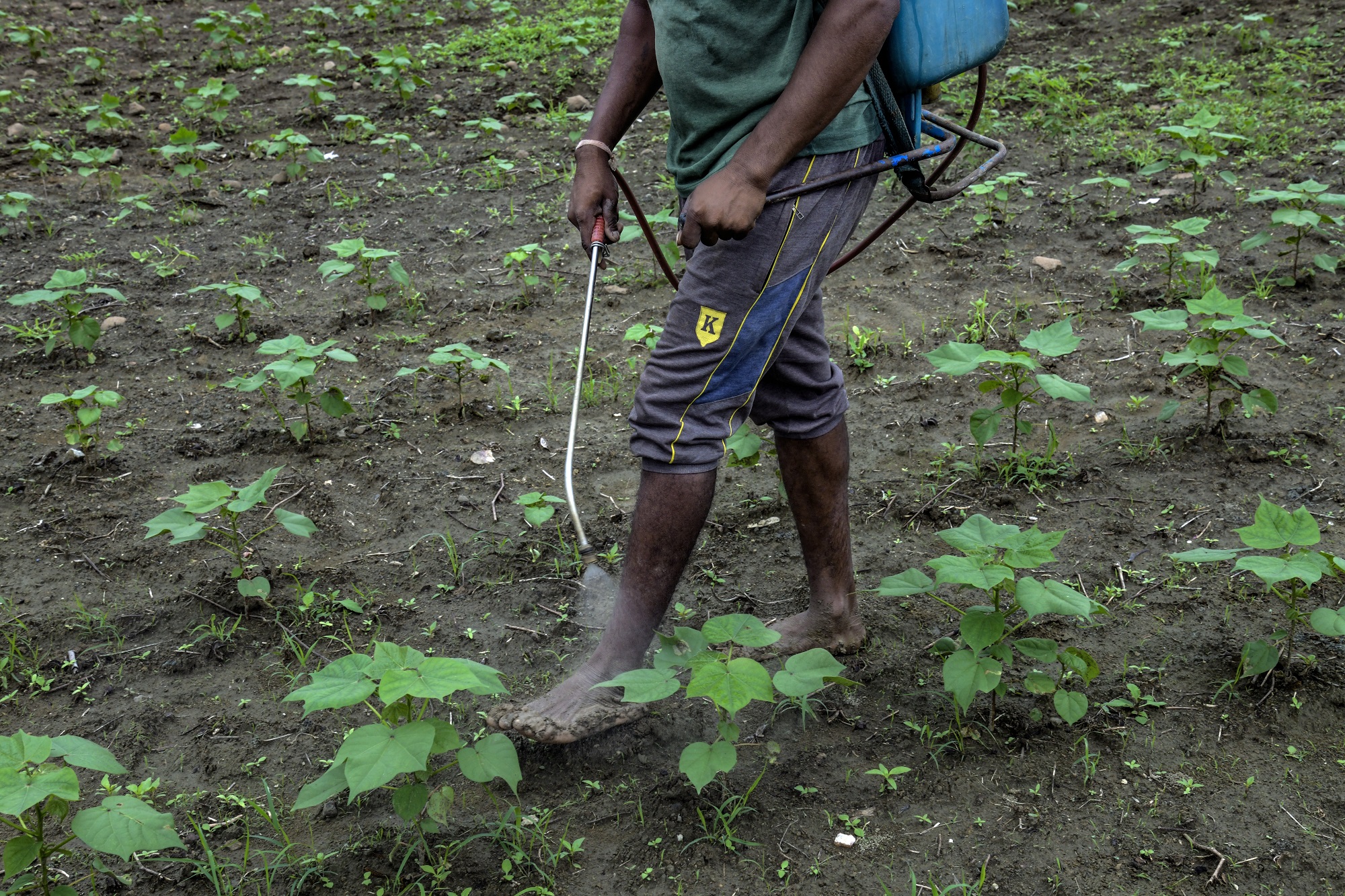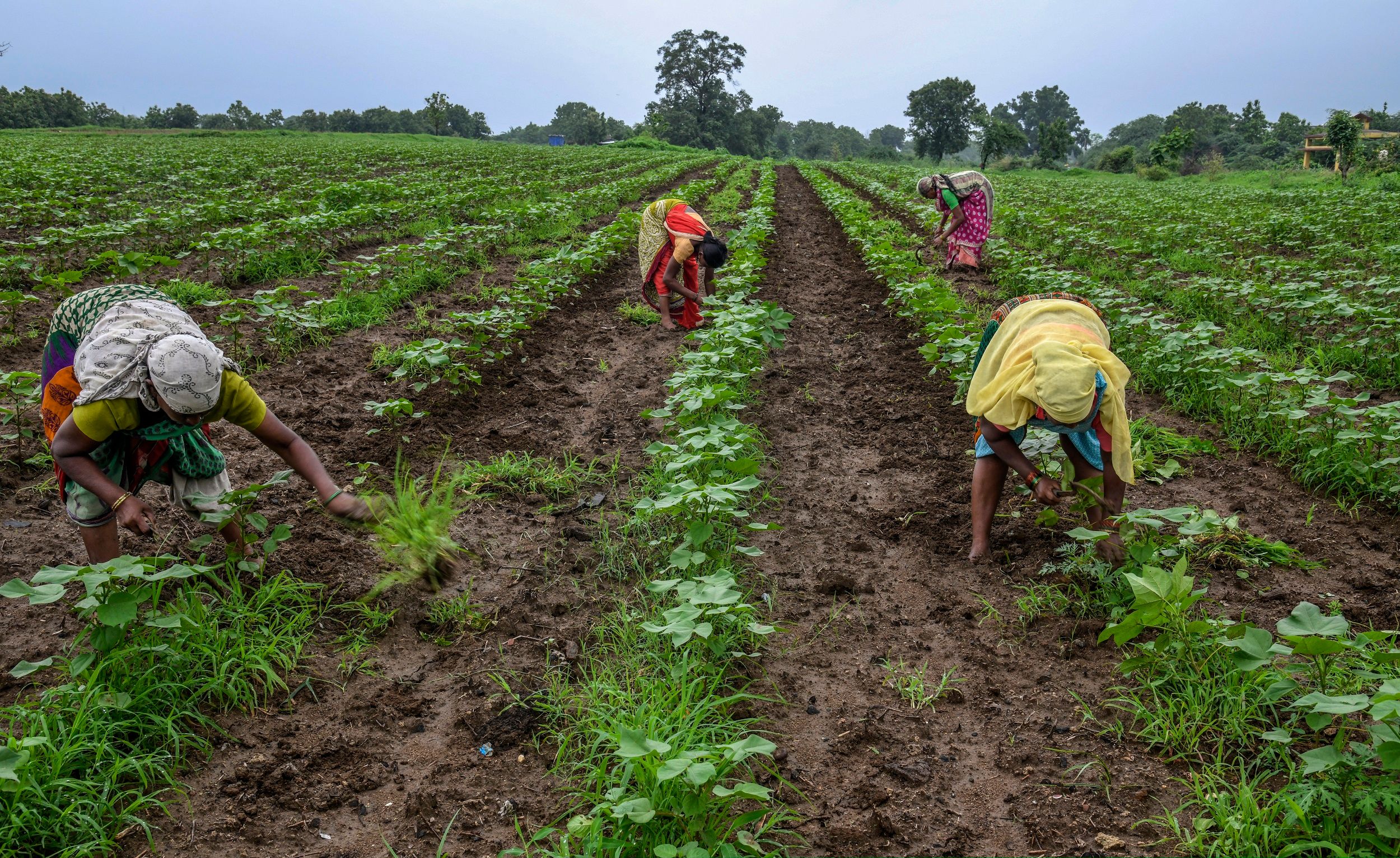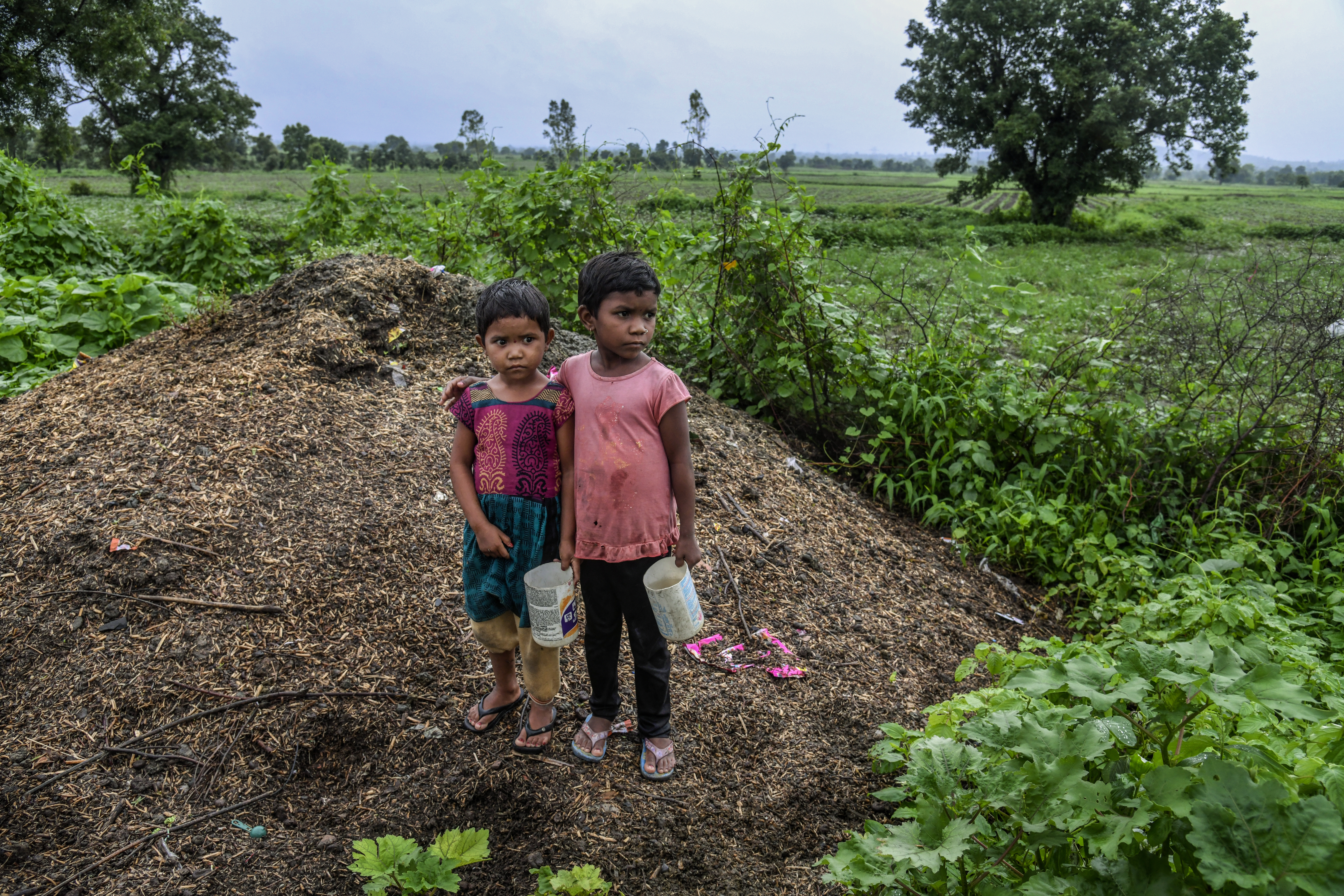Yavatmal poisonings: Syngenta’s pesticide far more heavily involved
In Yavatmal in central India, approximately 800 agricultural workers were severely poisoned when spraying pesticides onto cotton fields within a 12-week period in 2017. Over 20 of them died. An investigation carried out by Public Eye shows that Polo – an insecticide produced by Syngenta – bears part of the responsibility for the poisonings. Polo is containing the active agent “Diafenthiuron”, which has been banned in Switzerland and the EU for years. It was taken off the market in Switzerland in 2009 and is on a list of substances that are “banned […] for reasons of health or environmental protection”. The European Chemicals Agency (ECHA) as classified Diafenthiuron as “toxic if inhaled” and has specified that the agent “may cause damage to organs through prolonged or repeated exposure.”
To date, Syngenta has repeatedly talked down or even fully denied its share of responsibility in the cases of poisoning.
The company even made a complaint against an investigation into the events in Yavatmal broadcasted on Swiss national TV – in vain.
 ©
Atul Loke / Panos Pictures
©
Atul Loke / Panos Pictures
Dozens of cases of poisoning
Official documents seen by the complainant organisations in India, Germany and Switzerland indicate that the scale of poisonings linked to Polo is far greater than previously thought. In 2017, the police recorded a total of 96 cases of poisoning linked to Polo; documents show that in 36 cases, Polo was the only agent used. In addition, the Maharashtra Association of Pesticides Poisoned Persons (MAPPP) had contact with numerous additional victims of poisoning.
On 17 September 2020, the Indian Pesticide Action Networks of India and Asia Pacific, the European Center for Constitutional and Human Rights (ECCHR) in Berlin and Public Eye filed a specific instance, together with MAPPP and on behalf of the affected agricultural families, with the National Contact Point (NCP) for the OECD Guidelines for Multinational Enterprises in Bern. For the filing, the cases of 51 farmers were examined. They reported that they used Polo from September to October 2017. The affected suffered from acute symptoms of poisoning, for which some of them have corresponding medical certificates.
 ©
Atul Loke / Panos Pictures
©
Atul Loke / Panos Pictures
Significant ramifications for entire families
All 51 victims required medical treatment. Acute effects of the poisoning included eye problems, nausea, neurological and muscular complaints, breathing problems as well as swellings and skin reactions. 43 people were hospitalised, most of whom for between one day and two weeks, 9 people for over two weeks, and one person even spent 31 days in hospital. 44 of the 51 people reported temporary blindness, 16 people were unconscious for between several hours to several days. Most were unable to work for long periods, a few for up to a year. 28 people reported ongoing health problems, including neurological and muscular problems.
For many families, the poisoning caused their already low household income to fall dramatically while the burden on female family members increased – in addition to looking after the children, women had to care for their sick husbands and work as day labourers in the fields, for which they receive significantly lower wages than men do. Their social lives have also been impacted. Many victims of poisoning are no longer able to walk longer distances and, due to recurring skin and eye irritations, can no longer withstand the sun.
We need action and reform – now
The organisations are complaining through a formal arbitration process in the expectation that – in contrast to the direct contact they have had with Syngenta to date – this will finally lead to concrete results. The demands of the complainants include:
-
For Syngenta to refrain from selling to small-scale farmers in India toxic pesticides for which – as in the case of Polo – there is no specific remedy available in the event of poisoning and for which Personal Protective Equipment (PPE) is required (in line with Article 3.6 of the FAO/WHO’s International Code of Conduct on Pesticide Management, which Syngenta has pledged to respect and which requires that the use of pesticides that require “PPE that is uncomfortable, expensive or not easily available” be avoided, in particular “in cases of small-scale farmers and agricultural workers in areas with a hot climate”.)
-
Financial compensation for the cost of medical treatment and loss of income incurred by the 51 victims filing the specific instance.
-
 ©
Atul Loke / Panos Pictures
©
Atul Loke / Panos Pictures
-
 ©
Atul Loke / Panos Pictures
©
Atul Loke / Panos Pictures
-
 ©
Atul Loke / Panos Pictures
©
Atul Loke / Panos Pictures
The official documents from India also provide indications of two fatalities linked to Polo. Given that Diafenthiuron (the active agent in the pesticide) came directly from Switzerland, a specialist law firm has filed an action for compensation based on product liability law in Basel, on behalf of the survivors and a surviving third victim of poisoning. Cases of actions for compensation based on product liability legislation are subject to a limitation period of three years, which in these cases will expire mid-September 2020.
The case demonstrates once again a grave human rights violation caused by a Swiss company.
The Responsible Business Initiative is a decisive step towards holding companies more strongly accountable for their actions, going forward towards preventing human rights violations before they arise. In addition, the Responsible Business Initiative would ensure that liability for damages would apply to the whole company as a matter of course. The novelty of this would not be that a Swiss court could issue a ruling over a claim abroad, but that the headquarters would be liable for human rights violations caused by foreign branches of the company, in cases where the Swiss headquarters could have prevented the violations by exercising adequate duty of care.

